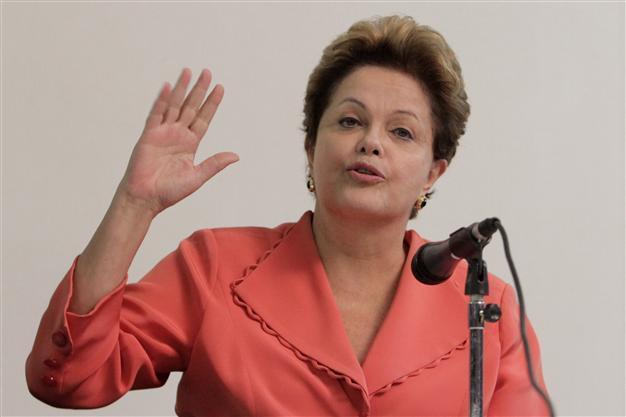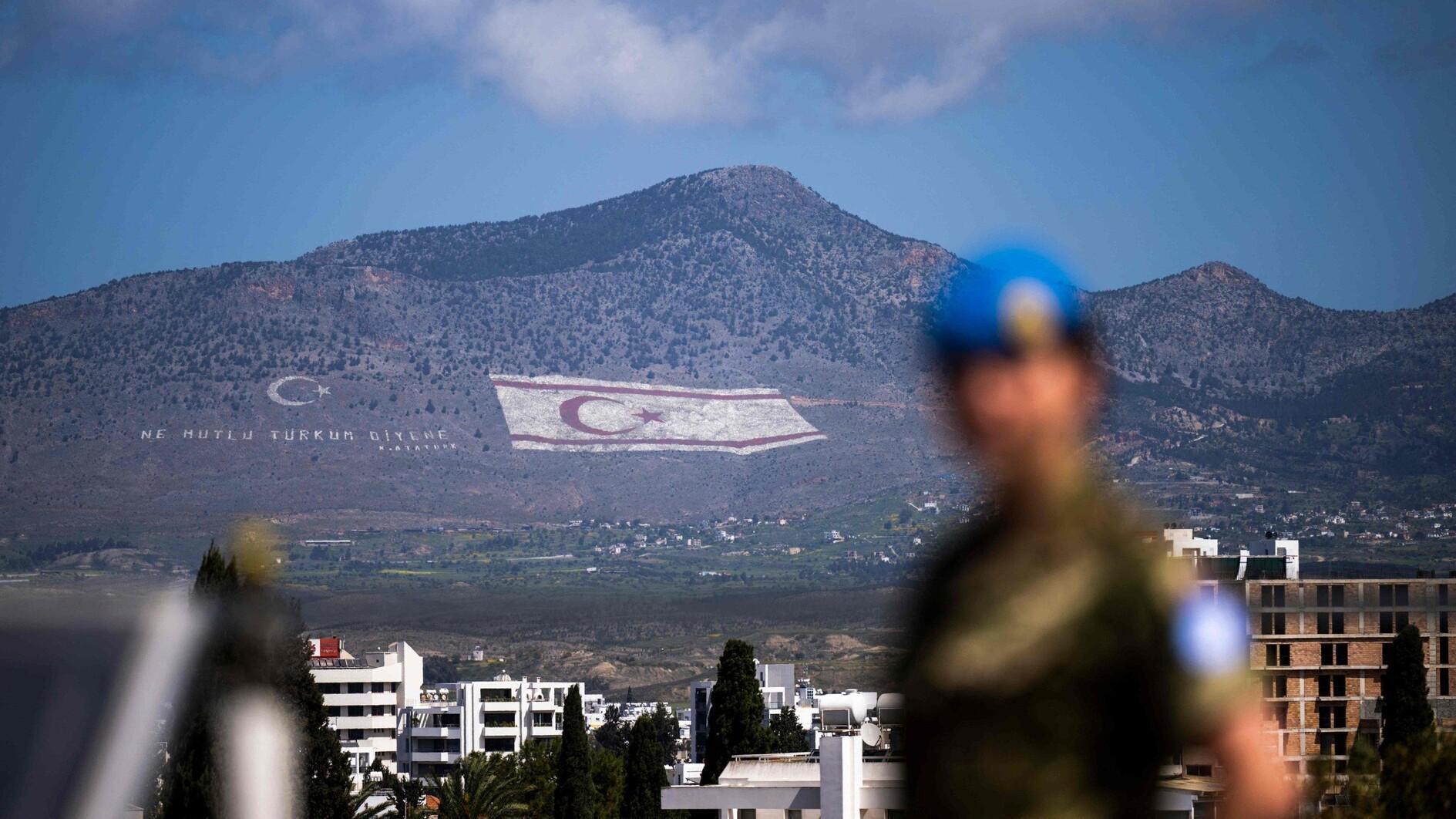Brazil leader readies reforms to defuse social unrest
BRASILIA - Agence France-Presse

Brazil?s President Dilma Rousseff, speaks during a news conference after the ministerial meeting in Brasilia, Brazil, Monday, July 1, 2013. AP Photo
Brazilian President Dilma Rousseff readied a package of political reforms on Monday designed to defuse mass social unrest after weeks of protests that have caused her popularity to plummet.More than one million protesters have taken to the streets across Brazil since early June, targeting the Confederations Cup to vent fury at the $15 billion cost of that event and next year's World Cup, rampant corruption and sub-standard public services.
Rousseff, who stayed away from Brazil's triumph over Spain in Sunday's final, has been rocked by the explosion of unrest, which has triggered a near 30-point slump in her approval ratings in a matter of weeks.
Brazil's win on Sunday came as police and demonstrators clashed outside Rio's Maracana stadium before kick-off, with security forces firing tear gas to quell the violence.
On Monday, the leftist leader chaired a cabinet meeting and said she would forward her political reforms to Congress Tuesday. "Tomorrow we are going to send to Congress our suggestions for a plebiscite spelling out the general lines which we view as more important," Rousseff told reporters.
She said the plebiscite would not have many questions and would focus on a review of election campaign finance and the current proportional representation voting system.
On a Datafolha poll that showed her approval rating has plummeted from 57 percent to 30 percent since the start of the protests in early June, the president would only say: "It represents a picture of the moment and we have to respect it." She vowed not to cut social spending under any circumstances.
The proposed reforms are seen as an antidote to the strong anti-establishment feelings expressed by protesters, analysts say.
Rousseff wants Congress to approve the reforms before October, the deadline for it to be implemented in the 2014 national elections.
She has an overwhelming majority in Congress but still will need the support of allied parties in her ruling coalition.
"Our responsibility is to listen to the message (of the streets)," Rousseff said in her weekly radio address.
She reiterated that the plebiscite was part of her bid to join with state governors and city mayors in offering "rapid and concrete solutions to problems of the economy, transport, health, education and politics." Meanwhile the governors of Brazil's two richest states, Sao Paulo and Rio de Janeiro, also suffered a sharp drop in popularity, according to the Datafolha survey.
In Sao Paulo, the country's most populous and wealthiest state, Governor Geraldo Alckmin of the opposition Brazilian Social Democratic Party (PSDB) lost 14 points from 52 percent to 38 percent from June 6-7 to June 27-28.
In Rio de Janeiro, Governor Sergio Cabral, of the Brazilian Democratic Movement party which is part of Rousseff's ruling coalition, lost 30 points from 55 percent to 25 percent during the period.
And according to the same survey, the mayors of Sao Paulo and Rio, the country's two largest cities, also saw their respective approval ratings dip.
Despite the setback, Rousseff, who enjoys the staunch support of her mentor and predecessor Luiz Inacio Lula da Silva, still leads polls for the October 2014 presidential polls although she is expected to face a run-off.
PSDB Senator Aecio Neves, tipped as Rousseff's likely opponent in presidential elections, said the polls reflected "Brazilians' dissatisfaction not just with the president, but with the political class in general, due to the lack of effective responses." The government has warned that it must prepare for the possibility the demonstrations may continue when Pope Francis visits the country July 22-28 for a major Catholic youth fest.
"The demands have nothing to do with the papal visit. They are directed at our government. So we suppose there won't be major problems," Cardinal Hummes, the emeritus archbishop of Sao Paulo who backs the protests, said in a newspaper interview.
















